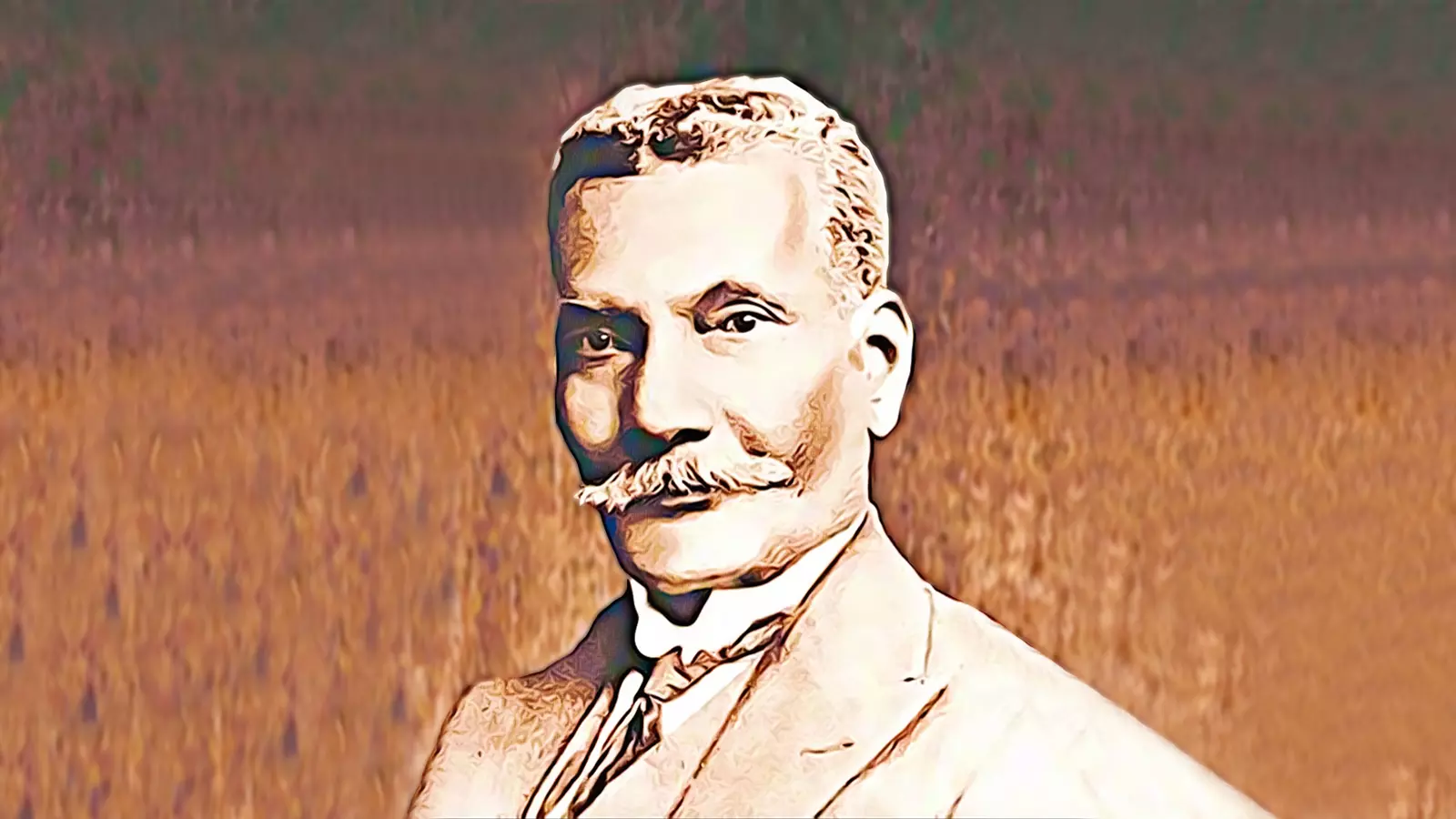
A salute to ‘Dravida Mani’ Rettamalai Srinivasan on his death anniversary
Rettamalai Srinivasan’s legacy includes his advocacy for the name 'Adi Dravidar' as a symbol of rejecting caste, a name that is still in use in Tamil Nadu today

Rettamalai Srinivasan, a man who united and mobilised the marginalised communities in Tamil Nadu some 125 years ago, passed away on this day in 1945. His groundbreaking conferences, convened first at the Wesleyan Mission Hall in Royapettah in 1893 and later at the Chennai Town Hall in 1895, galvanized the Adi Dravida people of Tamil Nadu. From 1893 to 1900, he helmed a weekly publication named Paraiyan, which adeptly spotlighted the community’s issues, initially as a monthly magazine before swiftly transitioning to a weekly.
Srinivasan was born in 1860 in Kozhiyalam, a village nestled within the Chengalpattu district. With the original intent of journeying to London to garner British sympathy for the oppressed, Srinivasan found himself in South Africa. In 1904, he took up government employment there and eventually returned to his homeland in 1921. In Tamil Nadu, he collaborated with leaders such as MC Raja, N Sivaraj, and Sahajanandar. At the national level, he also worked alongside leaders like Mahatma Gandhi and Dr BR Ambedkar.
Notably, Srinivasan was a pioneer in embracing Buddhism in India. He embraced Buddhism in 1882 after meeting Colonel Alcott and Madam Blavatsky in the Nilgiris. However, disillusionment with the lack of government support for Scheduled Caste converts led him to disengage from Buddhism within seven to eight years.
Title of Dravida Mani
Critics of the Dravidian identity have attempted to depict him as a proponent of sub-caste identity, pointing to his magazine, Parayan. However, it was Srinivasan who championed the cause of naming all Scheduled Caste people in Tamil Nadu as “Adi Dravidar” and successfully secured an ordinance to this effect during the Justice Party regime. He viewed Dravidian identity as transcending caste boundaries, earning him the title of “Dravida Mani” on his 80th birthday in July 1939.
At that time, amid luminaries like the then Premier of Madras presidency, C Rajagopalachari, and Tamil scholar Thiru Vi Ka, MC Raja acknowledged Srinivasan’s pivotal role in uplifting oppressed communities. He credited Srinivasan’s early social work that commenced around 1890 when advocating for the oppressed was exceptionally challenging.
Rajagopalachari, fondly called Rajaji, extolled Srinivasan’s contributions and emphasized the interconnectedness of societal progress. He recognized Srinivasan’s advocacy for temple entry and its significance in achieving social equity. Rajaji concluded that Srinivasan’s title of “Dravida Mani” aptly encapsulated his remarkable service.
In gratitude for the accolades, Srinivasan continued his work with renewed enthusiasm and courage. He celebrated the significant sociopolitical progress achieved by the community over the past five decades, attributing it to their resilience and commitment to peaceful advocacy.
Against the term “Scheduled Castes”
One of Srinivasan’s notable objections was to the term “Scheduled Castes”. In 1935, with the introduction of the Government of India Act, the term “Scheduled Castes” came into official use in India. Srinivasan, a member of the “Scheduled Castes” sub-committee, voiced his reservations about the name, suggesting “United Castes” instead. However, the government adhered to the term as it appeared in the law.
Another instance of Srinivasan’s objection was to the term “Harijan”, proposed by MK Gandhi to refer to Scheduled Castes across India. In December 1938, during a debate in the Madras Provincial Assembly, Srinivasan advocated for “Adi Dravidar” as a more appropriate term.
Additionally, Srinivasan’s legacy includes his advocacy for the name “Adi Dravidar” as a symbol of rejecting caste. This name is still in use in Tamil Nadu today, due to a law passed during the Justice Party’s rule.
In 1967, the Parliament introduced the Scheduled Castes and Schedule Tribes Orders (Amendment) Bill, which identified Thed, Chandala, Panchama, and Parayan as derogatory names that should be eliminated from the SC list. This proposal found further support in the report submitted by the Joint Committee on the Bill to Parliament on November 17, 1969. Notably, DMK Member of Parliament K Subravelu was a part of this joint committee.
Consequently, the SC list in Tamil Nadu was streamlined to encompass only 58 castes, with Paraiyan notably omitted. Furthermore, it was suggested that individuals previously referred to by that name should be included in the list under the more inclusive term “Adi Dravidar”. Regrettably, the Congress government of that time did not implement this proposal.
Currently, there is a pressing appeal to the Chief Minister of Tamil Nadu to reclassify 60 castes within the SC list as “Adi Dravida”. This call for action has gained significance, particularly in light of mounting challenges to the Dravidian identity from certain quarters adhering to the Sanatana ideology. It is an opportune moment for the Tamil Nadu government to address this demand and uphold the Dravidian identity.
(The writer is a Member of Parliament)

